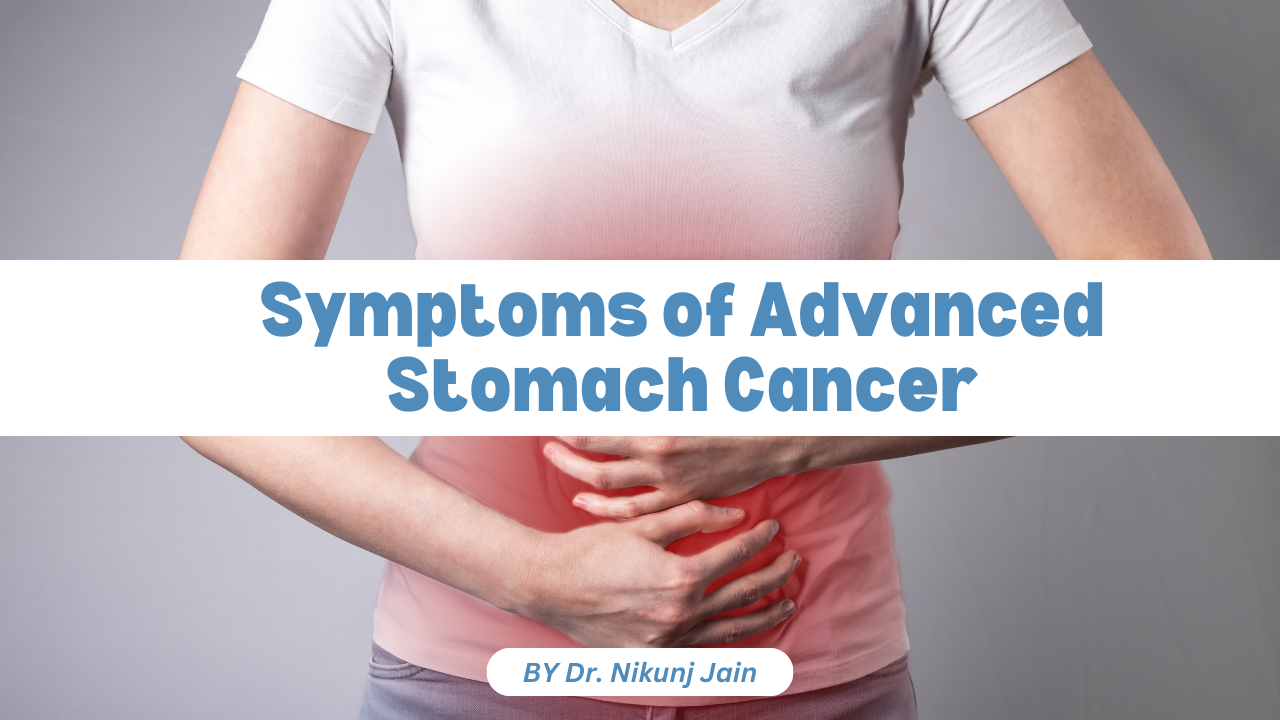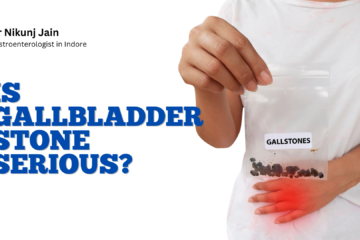Stomach cancer, also known as gastric cancer, is a type of cancer that affects the lining of the stomach. In its advanced stages, stomach cancer can cause a range of symptoms that can have a significant impact on a person’s quality of life. In this blog, we will explore the symptoms of advanced stomach cancer in more detail.
Advanced Stomach Cancer
Advanced stomach cancer is a term used to describe cancer that has spread from the lining of the stomach to other parts of the body, such as the liver, lungs, or lymph nodes. In its advanced stages, stomach cancer can cause a range of symptoms that can have a significant impact on a person\’s quality of life.
Symptoms of Advanced Stomach Cancer
- Abdominal Pain
One of the most common symptoms of advanced stomach cancer is abdominal pain. This pain can be severe and may be accompanied by a feeling of fullness or bloating. In some cases, the pain may be felt in the back or chest.
- Nausea and Vomiting
Advanced stomach cancer can also cause nausea and vomiting, which may be persistent and difficult to control. This can make it difficult to eat and maintain proper nutrition.
- Loss of Appetite
As stomach cancer progresses, it can cause a loss of appetite, which can lead to weight loss and malnutrition. This can further weaken the body\’s immune system and make it more difficult to fight off the cancer.
- Difficulty Swallowing
Stomach cancer can also cause difficulty swallowing, known as dysphagia. This can be due to a tumor blocking the esophagus or the stomach, or it may be caused by the cancer spreading to nearby tissues.
Fatigue
Advanced stomach cancer can cause fatigue and weakness, which can make it difficult to carry out daily activities. This can be due to the cancer itself or as a side effect of treatments such as chemotherapy or radiation therapy.
- Jaundice
Jaundice is a condition in which the skin and eyes become yellow due to a buildup of bilirubin in the blood. This can occur when stomach cancer spreads to the liver, which can interfere with its ability to function properly.
- Blood in the Stool
Stomach cancer can cause bleeding in the digestive tract, which can lead to blood in the stool. This can be a sign of advanced cancer and should be evaluated by a healthcare professional.
- Anemia
Anemia is a condition in which there is a deficiency of red blood cells or hemoglobin in the blood. This can occur as a result of bleeding from the digestive tract due to stomach cancer or as a side effect of treatments such as chemotherapy.
- Ascites
Ascites is a buildup of fluid in the abdomen, which can occur when stomach cancer spreads to the lining of the abdomen. This can cause abdominal swelling and discomfort.
- Bone Pain
Advanced stomach cancer can also spread to the bones, causing pain and weakness. This can make it difficult to walk or carry out daily activities.
Conclusion
Advanced stomach cancer can cause a range of symptoms that can have a significant impact on a person\’s quality of life. These symptoms can include abdominal pain, nausea and vomiting, loss of appetite, difficulty swallowing, fatigue, jaundice, blood in the stool, anemia, ascites, and bone pain. It is important for individuals who experience these symptoms to seek medical attention promptly to determine the cause and receive appropriate treatment. Early detection and treatment can improve outcomes and increase the likelihood of a successful outcome.
How to Prevent Stomach Cancer
1. Eat a balanced, nutritious diet: Eating a variety of fruits, vegetables, and whole grains can help reduce your risk of stomach cancer. Eating a diet high in processed and red meats, such as bacon and sausage, can increase your risk.
2. Exercise regularly: Regular physical activity can help reduce your risk of developing stomach cancer.
3. Avoid smoking: Cigarette smoking increases the risk of many types of cancer, including stomach cancer.
4. Limit your alcohol intake: Drinking too much alcohol can increase your risk of stomach cancer.
5. Get screened: Screening tests can detect stomach cancer in its early stages, when it is most treatable. Talk to your doctor about your risk factors and whether you should be screened.
6. Get vaccinated: Vaccines are available to protect against some types of stomach cancer. Talk to your doctor about which vaccines may be right for you.
Read More –
Laparoscopic surgery | Advantages and Disadvantages of Laparoscopic Surgery – https://drnikunjjain.com/laparoscopic-surgery/
Motapa Kaise Kum Karen | Tips To Lose Weight –https://drnikunjjain.com/motapa-kaise-kum-karen/
Recovery from Hernia –https://drnikunjjain.com/recovery-from-hernia/



